Tagged Stories: "chemical contaminants"
Old chemicals and new concerns
February 9, 2026Toxic contaminants persist in the Bay, but so do the efforts of the Bay Program to understand and reduce them
Read story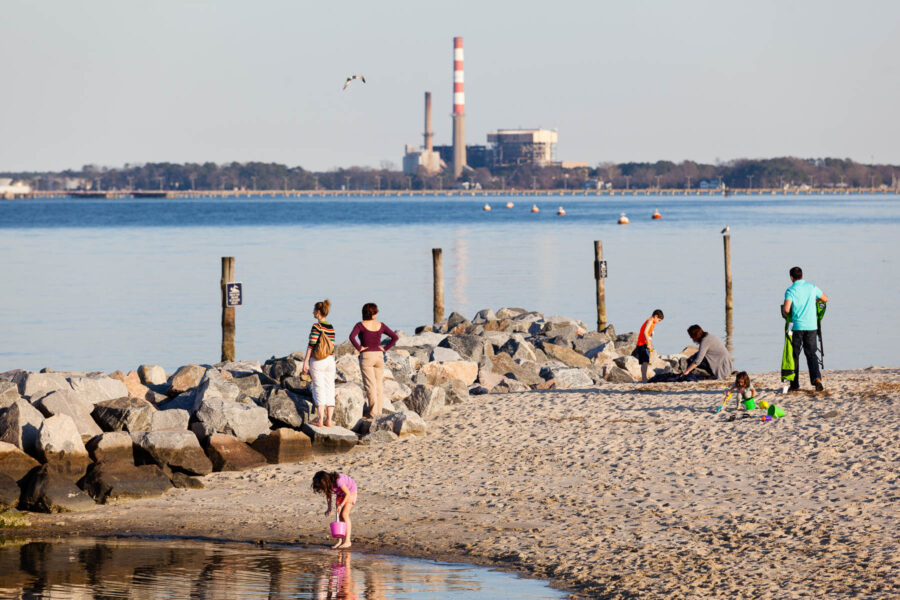
Chemical contaminant “PCBs” persist in Chesapeake schools
May 26, 2022A Chesapeake Bay Program study identifies sources of PCBs
Read story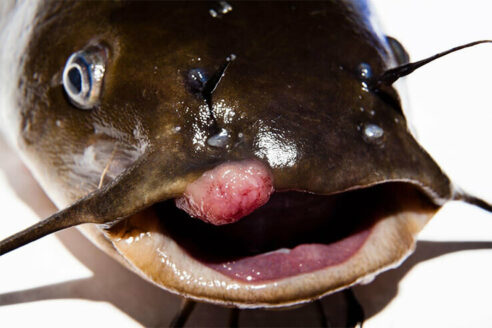
Bass confusion from land pollution
January 25, 2021Endocrine disruption in bass directly linked to how humans change the landscape
Read story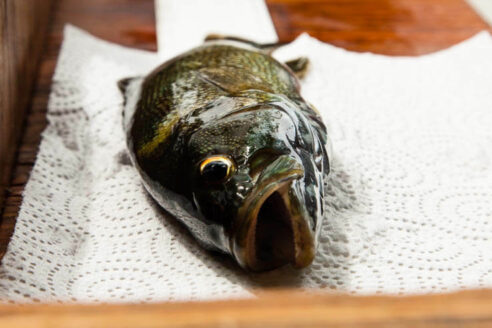
A small hunter faces a big problem
January 4, 2021Like other critters in the Bay, the ferocious mink is threatened by chemical contaminants
Read story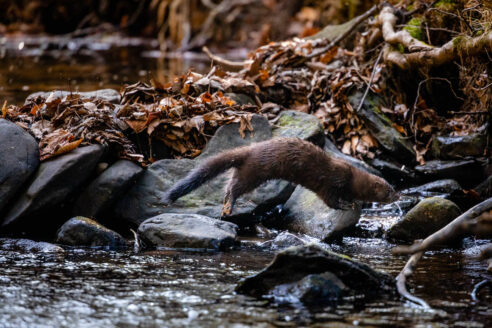
A cocktail of contaminants in Chesapeake waters
June 12, 2020A new report reviews emerging and existing contaminants of concern for waterways and fisheries
Read story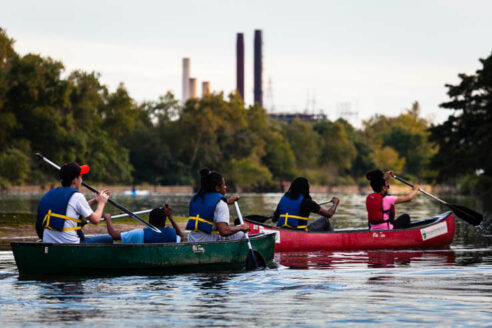
Wastewater treatment plants use technology to tackle a lingering chemical
May 4, 2020Man-made contaminants continue to pollute the Bay and its tributaries
Read story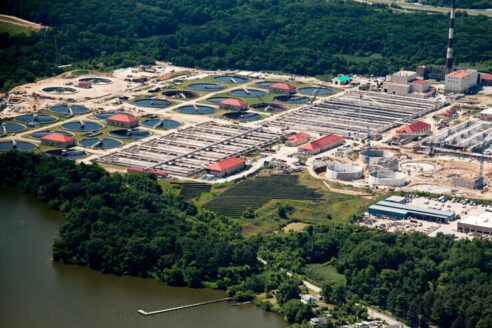
Researchers give mussels new power
March 26, 2020Transplanted mussels suggest more reintroduction efforts are possible in the Anacostia
Read story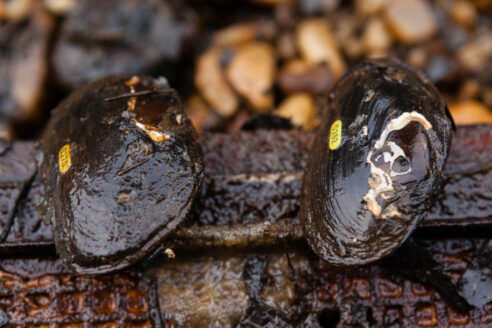
Ospreys’ return signals spring on the Bay
March 24, 2017Despite long-lasting pollutants, the Chesapeake’s fish hawks are thriving
Read story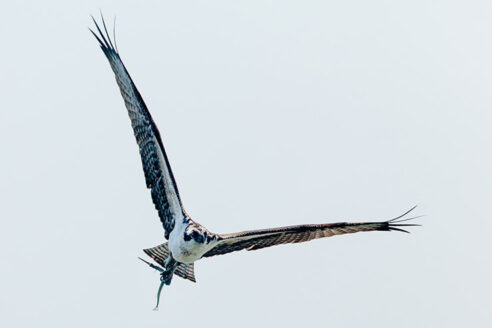
Chemical contaminants pose invisible threat
November 22, 2016Metals, pharmaceuticals and more pose risk to health of humans, wildlife
Read story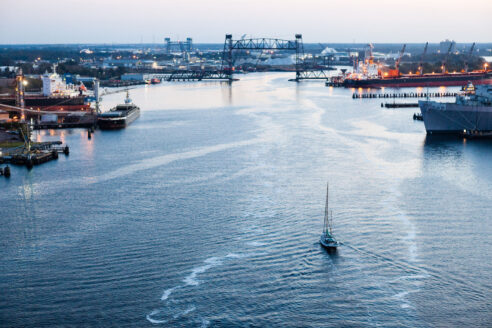
An early bird catches a quick bite
June 10, 2016Robins and their earthworms can serve as indicators of chemical pollution
Read story
